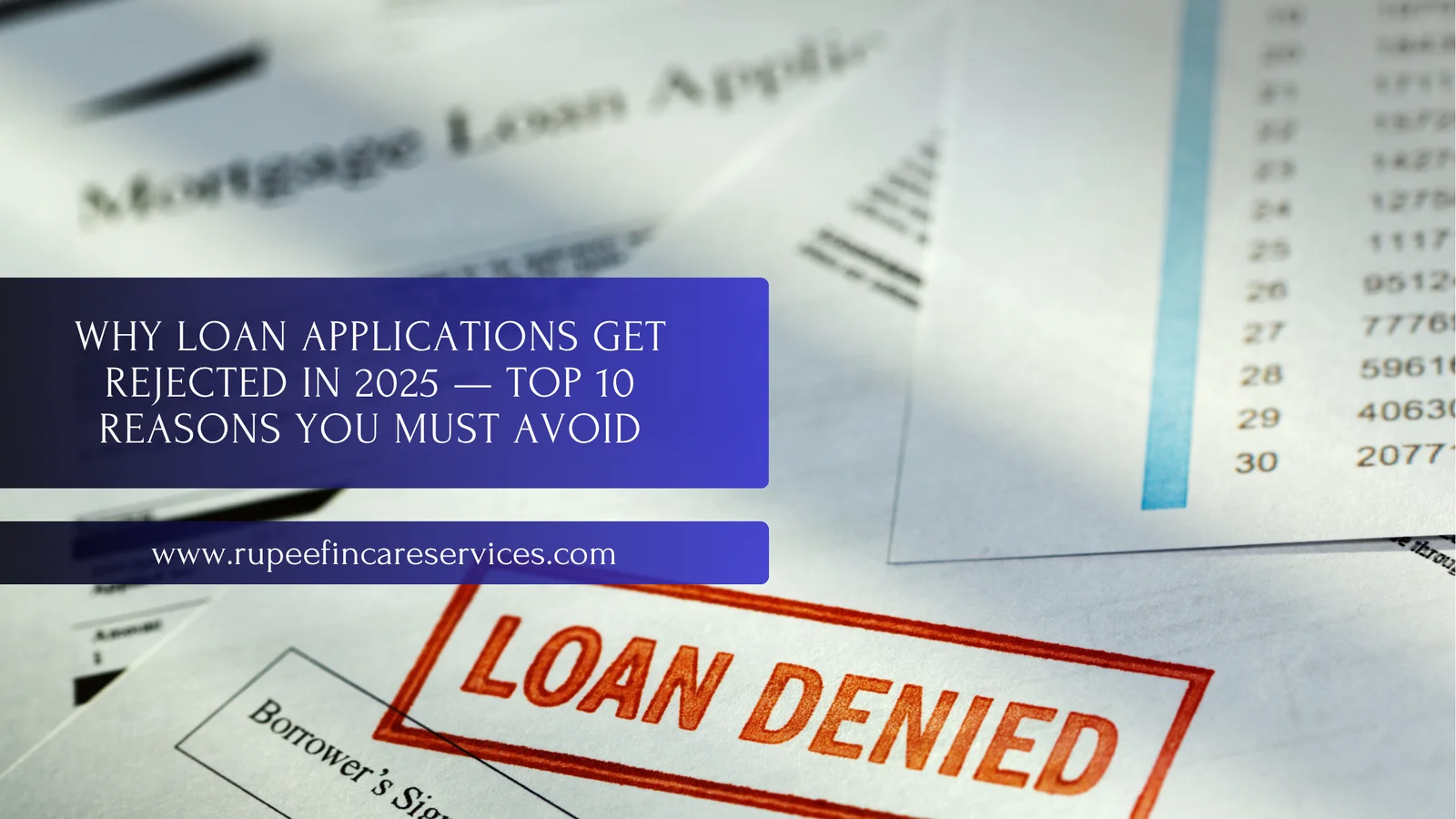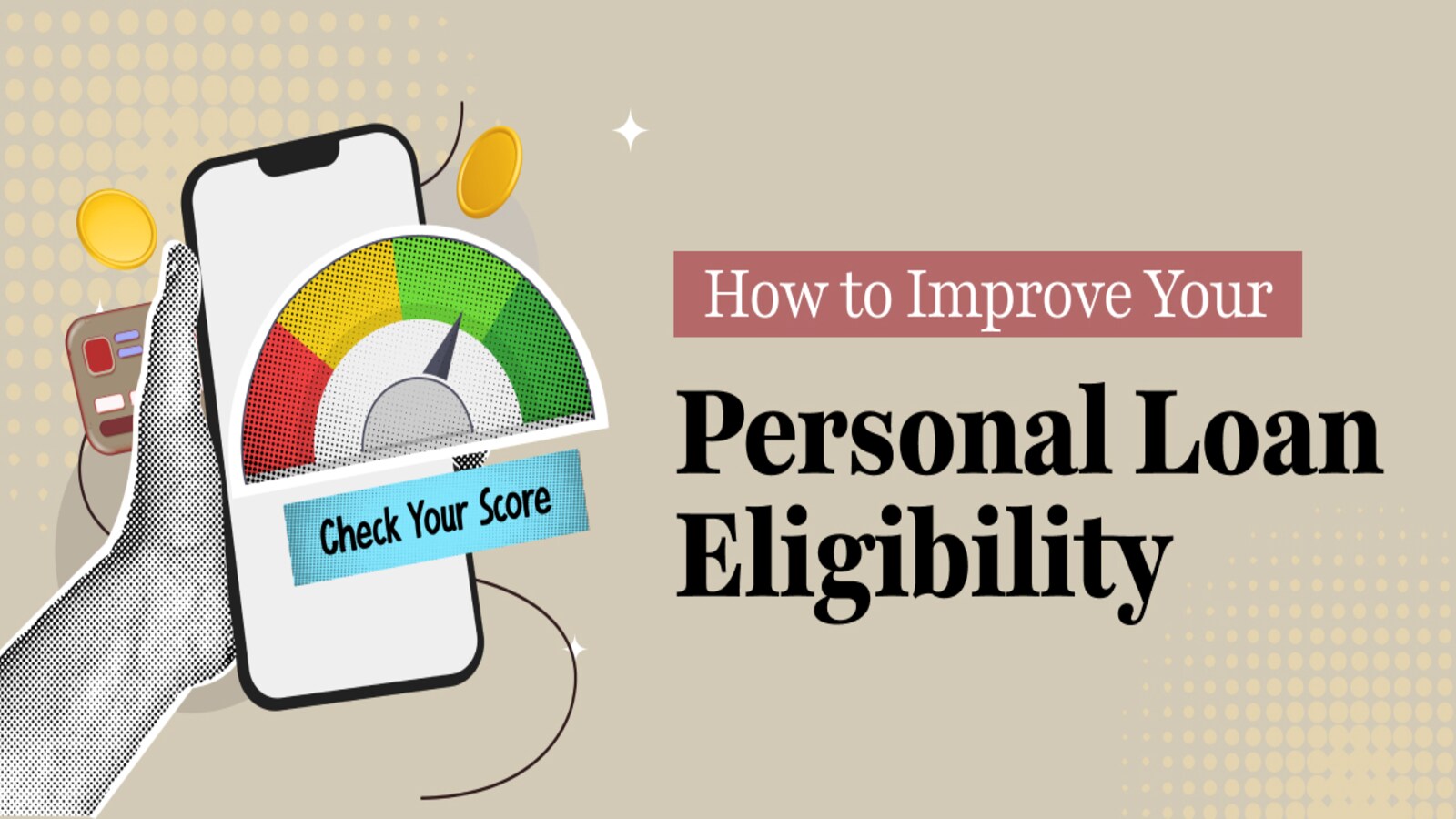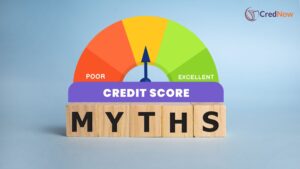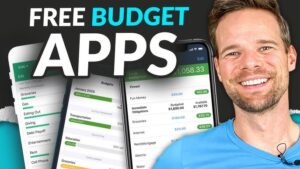Personal Loans in 2025: Everything You Need to Know Before You Borrow
Got it! Let’s begin with the loan category next. Here is your first loan article, written in a natural, human tone and fully SEO-optimized—right around 1,000 words:
Personal Loans in 2025: Everything You Need to Know Before You Borrow
Whether you need funds for a medical emergency, home renovation, education, or even debt consolidation, personal loans can offer quick access to cash without requiring any collateral. But as easy as they are to apply for in 2025, they also come with fine print that you need to understand before signing anything.
In this article, we’ll walk you through the basics of personal loans, how they work, the pros and cons, and what you should check before applying. If you’re considering borrowing this year, this guide is for you.
📌 What Is a Personal Loan?
A personal loan is a type of unsecured loan—meaning you don’t need to put up any asset (like a house or car) as security. You borrow a fixed amount of money and repay it in equal monthly installments (EMIs) over a set term, usually ranging from 1 to 5 years.
Personal loans are usually used for:
- Medical expenses
- Travel
- Wedding costs
- Education
- Home improvements
- Emergency expenses
- Paying off high-interest credit cards
🏦 How Do Personal Loans Work?
Here’s a simplified breakdown:
- You apply online or at a bank/NBFC.
- The lender checks your credit score, income, and documents.
- If approved, you get the money in your account—sometimes within 24 hours.
- You start repaying in monthly EMIs (including interest) over the loan term.
✅ Key Features of Personal Loans in 2025
- Loan amount: Rs. 50,000 to Rs. 5,000,000 (or more depending on income)
- Tenure: 1–5 years (some go up to 7 years)
- Interest rates: Typically range between 10% to 24% annually
- No collateral needed
- Quick processing—most are approved digitally within a day
💸 Pros of Personal Loans
- Fast access to funds: Perfect for emergencies
- No need to pledge assets: You keep your home, car, and valuables
- Fixed repayment schedule: Helps with monthly budgeting
- Flexible usage: No restrictions on how you use the funds
- Improves credit score: If repaid responsibly, it boosts your credit
⚠️ Cons of Personal Loans
- High interest rates: Especially if your credit score is low
- Processing fees: Usually 1–3% of loan amount
- Penalty for late payments: Can hurt your credit score
- Temptation to over-borrow: Easy to misuse if you’re not careful
📈 Factors That Affect Your Loan Approval
Before approving a loan, lenders will look at:
- Your credit score: A score above 700 is ideal
- Monthly income: Higher income = higher loan eligibility
- Employment type: Salaried employees in stable jobs are preferred
- Existing EMIs: If you’re already repaying other loans, your eligibility goes down
- Bank statements: To assess your spending habits and repayment capacity
💡 Tip: Always check your credit report before applying. If there are any errors, get them corrected to increase your chances of approval.
💬 Fixed vs. Floating Interest Rates
- Fixed rate: Your EMI stays the same throughout the loan term
- Floating rate: Your EMI can increase or decrease based on market conditions
In most personal loans, lenders offer fixed rates, so you know exactly how much you’re paying each month.
📋 Documents Required (in Pakistan/India and similar markets)
- ID proof: CNIC or Aadhaar
- Address proof: Utility bill, rental agreement, etc.
- Income proof: Salary slips or bank statements (last 3–6 months)
- PAN card (for India) or NTN/Tax Certificate (for Pakistan)
- Photograph
Digital lenders may also use alternative data like your mobile usage, transaction behavior, and employment history.
🧮 How to Calculate Your EMI
Use an online EMI calculator by entering:
- Loan amount
- Tenure
- Interest rate
This helps you plan better and see how much the loan will truly cost you over time.
⚠️ Things to Check Before Taking a Personal Loan
- Compare multiple lenders: Don’t settle for the first offer you get
- Read the fine print: Look for prepayment penalties and hidden charges
- Processing fees: Often non-refundable—ask before applying
- Prepayment and foreclosure rules: Can you pay early without a fee?
- Customer reviews: Check for lender transparency and support
📉 Can You Prepay a Personal Loan?
Yes, you can. But some lenders charge a foreclosure fee, usually 2–5% of the remaining amount. Always ask about this before signing.
Prepaying early can save you thousands in interest—but only if there’s no heavy penalty for doing so.
🧠 Personal Loan vs. Credit Card Loan
| Feature | Personal Loan | Credit Card Loan |
|---|---|---|
| Interest Rate | 10–24% annually | 24–36% annually |
| Tenure | 1–5 years | 6–24 months |
| Processing Time | 1–2 days | Instant (if pre-approved) |
| Flexibility | High | Limited |
If you need a larger amount for a longer period, personal loans are usually cheaper and more manageable than credit card loans.
📞 Where to Apply?
- Banks: Traditional, reliable, but may take longer
- NBFCs: Non-Banking Financial Companies—faster approval, more flexible
- Online lenders/apps: Quickest processing, but rates vary—do your research
Some well-known platforms:
- India: PaySense, MoneyTap, EarlySalary, Bajaj Finserv
- Pakistan: Finja, Nayapay, UBL, Meezan Bank (for Islamic financing)
🛡️ Final Thoughts: Is a Personal Loan Right for You?
A personal loan can be a lifesaver if used for the right reason—like handling an emergency or consolidating high-interest debt. But it should never be used for unnecessary spending or to maintain a lifestyle you can’t afford.
Before borrowing:
- Make sure you have a solid repayment plan
- Don’t borrow more than you need
- Compare interest rates and fees
- Avoid lenders who seem too good to be true
Remember: A loan is not free money—it’s a responsibility. Use it wisely, and it can help you move forward, not fall behind.









Post Comment